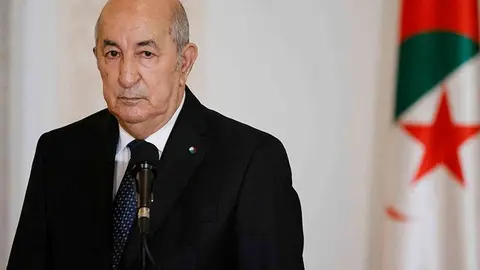Algeria will hold "early" elections
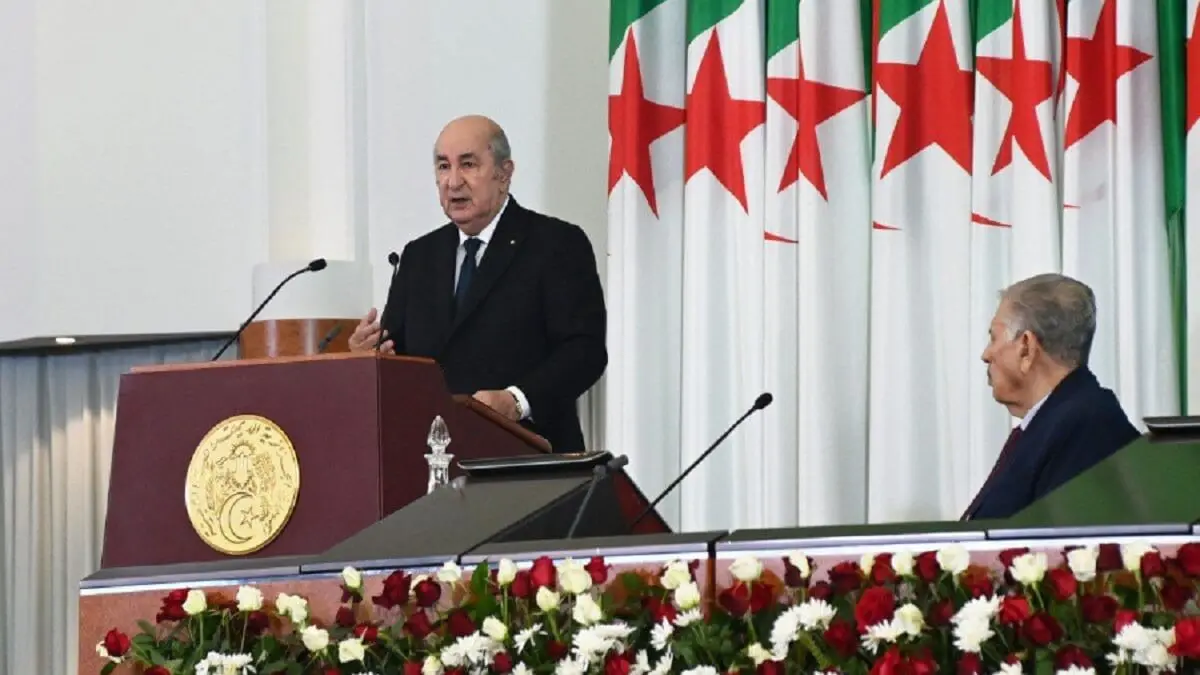
Abdelmadjid Tebboune calls for elections on 7 September. The decision is firm. After reaching a consensus with a group of parliamentarians, military personnel and lawyers, the President of the Republic issued a statement attended by the Prime Minister, the Presidents of both Houses of Parliament, the Chief of the Army General Staff and the President of the Union, in which he informed that the decision would be brought forward by three months for "purely technical" reasons which, according to him, "will not affect the electoral process".
"The basic logic of this change is that December is not the actual date of the elections. We know that after the resignation of the late president (Abdelaziz Bouteflika), the president of the National Assembly took over and renewed the presidency and the date of the elections, but unfortunately they did not take place and the transitional phase was extended," Tebboune said.
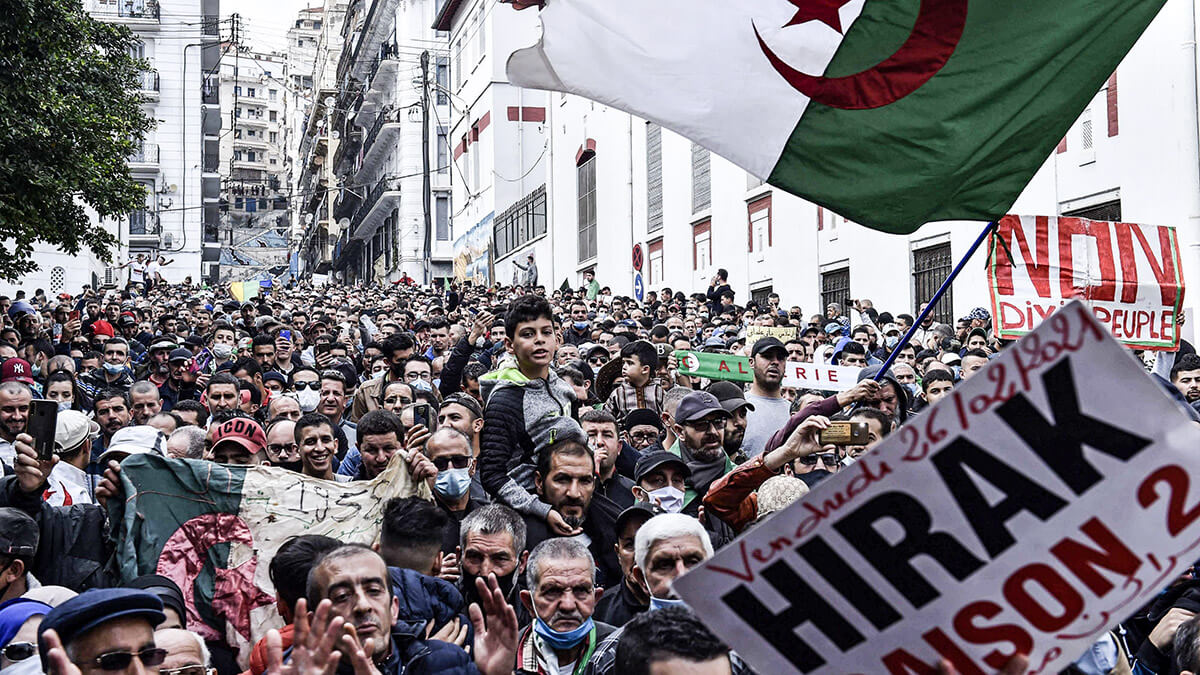
The Electoral College Council is scheduled to convene on 8 June 2024. As stated in article 91 (11) of the Constitution: "The President of the Republic may decide, without special conditions, to hold preliminary presidential elections".
Despite the changes to the agenda, Tebboune has not clarified whether he will stand as a candidate, claiming that "the time was not yet ripe". The Algerian president denied that "there was any conflict at the highest levels of power over his presence or resignation".
So far, only Zoubida Assoul, a lawyer known for defending political prisoners from the Union for Change and Progress party, has run for president of a country of more than 44 million people facing economic and political difficulties.
The last presidential election was held on 12 December 2019 and Tebboune won with 58% of the vote, replacing Bouteflika, who died in September 2021 and resigned under pressure from the army and public protests.
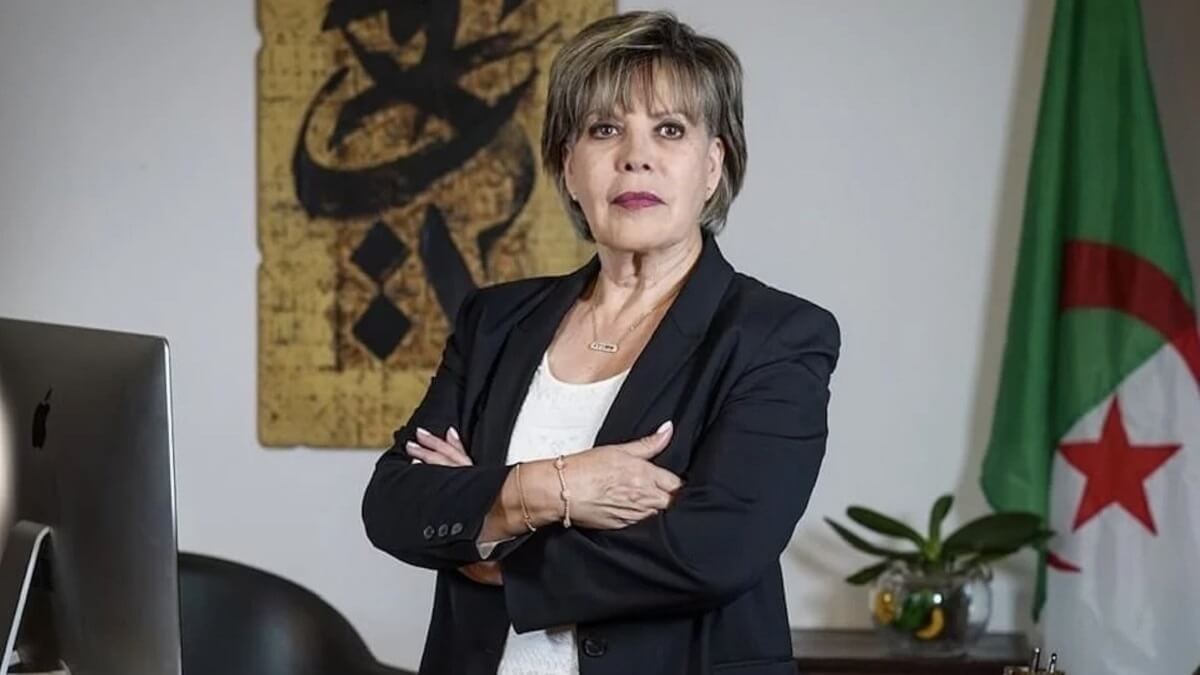
Tebboune said in a televised interview that the Maghreb bloc project planned by the countries of the region would create a bloc that would strengthen cooperation and coordination in the Maghreb to unite the voices of these countries. Regarding Morocco, Tebboune pointed out that the willingness to complete this phase (joint conference) is considered a sign of the development of relations and the quality of bilateral coordination between Algeria and Tunisia, as well as between Libya and Mauritania.
As for the postponed visit to France, Tebboune reiterated that his visit to France "still continues" and called his meeting with French President Emmanuel Macron a "historic day." "We see things as they should, not emotionally," Tebboune said. We are now at the stage of restoration between the two countries.
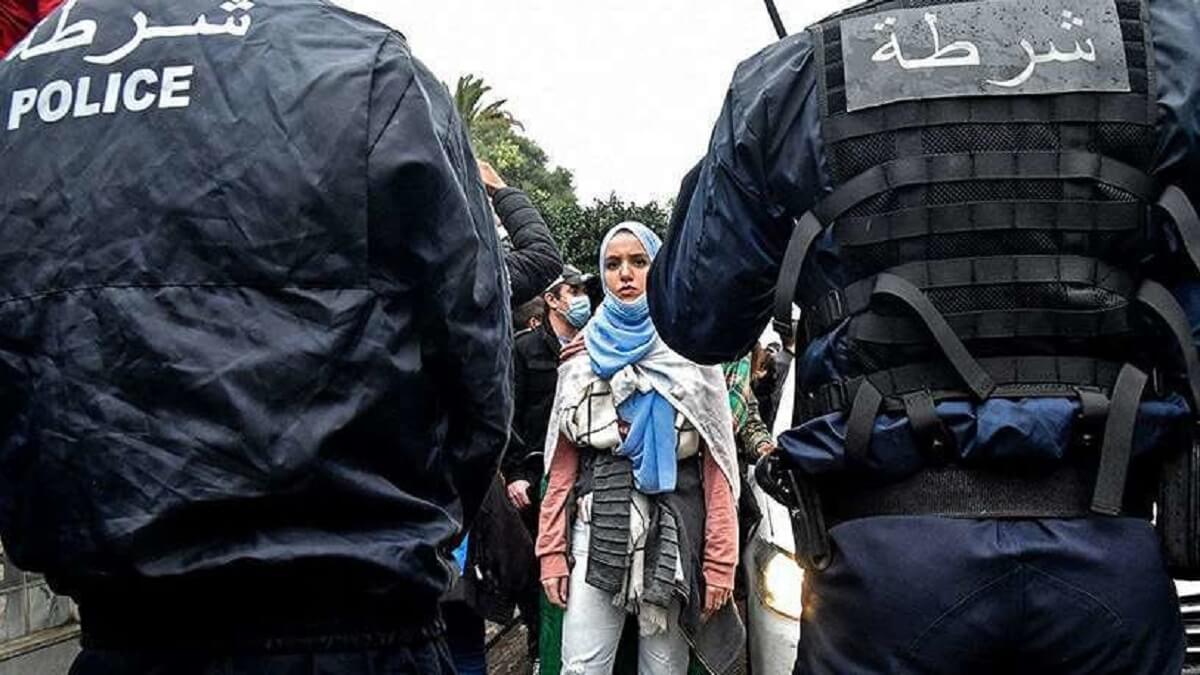
In late August, Algeria presented a plan to resolve the political crisis in Niger, where a military coup took place in July, to find a solution that would ensure a return to a democratic system. Economically, Tebboune noted that Algeria relies heavily on agriculture "to be self-sufficient and not import more food than necessary."
He noted that Algeria's gross domestic product (GDP) will reach $400 billion in the first quarter of 2026, up from about $200 billion in 2023. In the social sector, the president referred to the plan to double wages in 2026/2027, which he said would start with a 47 per cent increase and end with an additional percentage of around 53 per cent, in addition to raising the value of the dinar and linking the secret of market stability in the face of inflation to "the absence of intermediaries in the first commercial preparations and sales activities for citizens".

Changes in Algerian diplomacy
Algeria's diplomatic corps has undergone its seventh major reshuffle in four years, demonstrating the unstable state of the diplomatic establishment.
The Algerian diplomatic movement has decided to show its willingness to revise its charter towards Africa and the Sahel region, in particular by appointing new ambassadors in the region's capitals to deal with the new tensions caused by the emergence of new actors.
Despite this, however, there is considerable instability in the diplomatic apparatus, as this is the seventh such action in four years. The Algerian president, Abdelmadjid Tebboune, tried to correct the reality of this organisation and previously created a diplomatic advisory group, but then realised the failure of this measure and abandoned it, especially as he proposed the creation of a parallel diplomatic body to be associated with.
Algeria relaunches a new Maghreb bloc
As the current ambassadors have become familiar figures to the ruling authorities of the Sahel countries and consumed by the accumulated crises between the two sides, their replacement has become a diplomatic and political necessity to send a positive message to the leaders of these countries, as its content is Algeria's willingness to renew diplomatic communication channels and avoid new crises.


